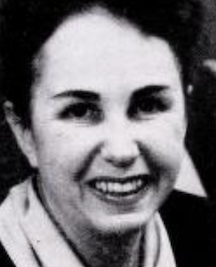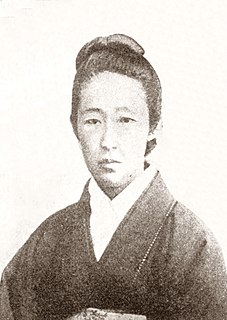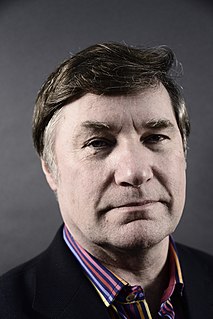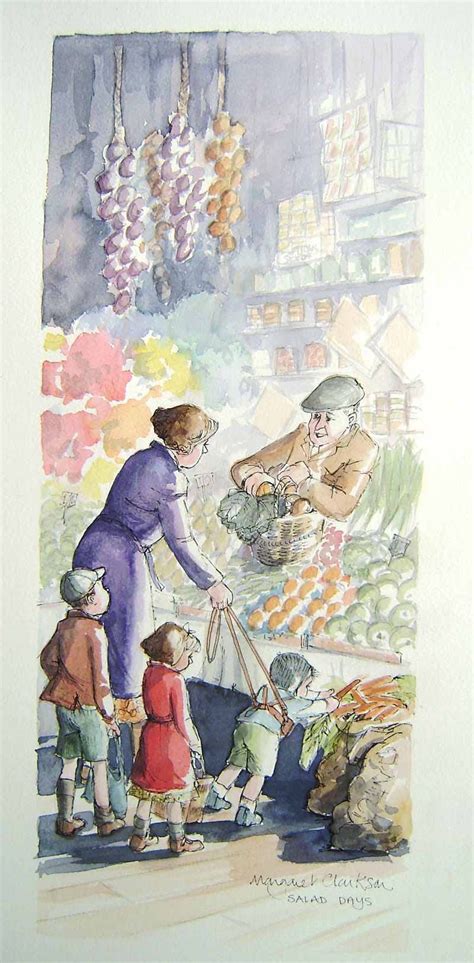A Quote by Elizabeth Janeway
Like their personal lives, women's history is fragmented, interrupted; a shadow history of human beings whose existence has been shaped by the efforts and the demands of others.
Related Quotes
If, in schools, we keep teaching that history is divided into American history and Chinese history and Russian history and Australian history, we're teaching kids that they are divided into tribes. And we're failing to teach them that we also, as human beings, share problems that we need to work together with.
The question of whether world peace will ever be possible can only be answered by someone familiar with world history. To be familiar with world history means, however, to know human beings as they have been and always will be. There is a vast difference, which most people will never comprehend, between viewing future history as it will be and viewing it as one might like it to be. Peace is a desire, war is a fact; and history has never paid heed to human desires and ideals.
For most of human history, the main goal of states has been to conquer land and to achieve glory for their rulers, usually at others' expense. Then in recent decades it was all about GDP. It's only in very recent history that rulers have been willing to commit themselves to helping their citizens live happier lives.
History leaves no doubt that among of the most regrettable crimes committed by human beings have been committed by those human beings who thought of themselves as civilized. What, we must ask, does our civilization possess that is worth defending? One thing worth defending, I suggest, is the imperative to imagine the lives of beings who are not ourselves and are not like ourselves: animals, plants, gods, spirits, people of other countries, other races, people of the other sex, places and enemies.
The history of the cosmos
is the history of the struggle of becoming.
When the dim flux of unformed life
struggled, convulsed back and forth upon itself,
and broke at last into light and dark
came into existence as light,
came into existence as cold shadow
then every atom of the cosmos trembled with delight.
My take is that there's two ways to approach history. You sit in your armchair and you watch it on the news and you return to your PlayStation. Or you get out in the streets and you make it. Like, when those Supreme Court justices, you know, legalize desegregation, it wasn't due to their infinite wisdom. It's because people whose names you do not read about in history books, people whose faces you will never see, were the ones who struggled and sacrificed, sometimes gave their lives, to make this country a more equal one. When, it's like those people don't make history, it's us.
The introduction of the Christian religion into the world has produced an incalculable change in history. There had previously been only a history of nations--there is now a history of mankind; and the idea of an education of human nature as a whole.--an education the work of Jesus Christ Himself--is become like a compass for the historian, the key of history, and the hope of nations.
For girls and women, storytelling has a double and triple importance. Because the stories of our lives have been marginalized and ignored by history, and often dismissed and treated as 'gossip' within our own cultures and families, female human beings are more likely to be discouraged from telling our stories and from listening to each other with seriousness.
But the dignity of human life is unbreakably linked to the existence of the personal-infinite God. It is because there is a personal-infinite God who has made men and women in His own image that they have a unique dignity of life as human beings. Human life then is filled with dignity, and the state and humanistically oriented law have no right and no authority to take human life arbitrarily in the way it is being taken.
I am trying to remember that things have certainly been crazier in human history and they may get crazier here and now, and [here I am trying to be optimistic] it's even a good thing, to be going through all of this, if only to be reminded that history hasn't stopped - human existence is as fundamentally unmanageable now as it ever was.



































